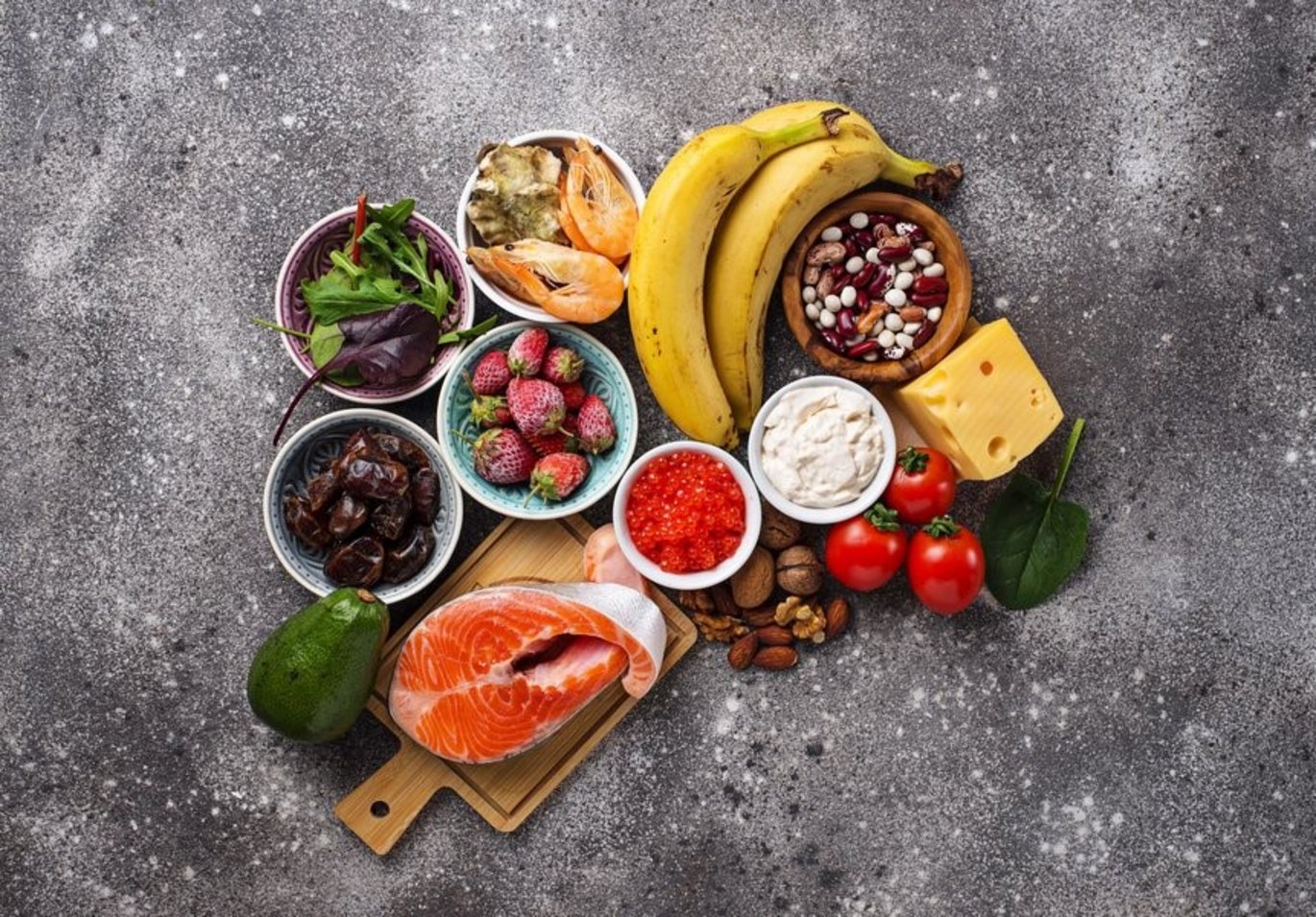A successful green transition demands a new food systems approach
We need to move beyond simple linear cause-effect relations of food production and consumption and take a more holistic view, a so-called food systems approach, for the green transition to be successful. This was the common denominator at the first CiFOOD Conference at Aarhus University, which took place online in the beginning of February.

A food systems approach is needed, if the green transition is to be successful. This was the common denominator of the presentations and discussions taking place at the first Center for innovative Food Research (CiFOOD) Conference, Future Food Science, which took place online in the beginning of February.
More than 400 participants from 45 countries took part in the two-day online conference, where the newest results of the multidisciplinary research center were in focus. This included a broad spectrum of topics covering the production of raw material, food processing, packaging, sensory science, consumer behaviour and health.
According to CiFOOD Centre Leader, Professor Milena Corredig, this holistic approach to food is exactly what we need to create a more sustainable world:
- We are all influencing our planet by the dietary decisions that we make. For example, in the Western world, there is a lot of focus on what we can achieve by making a dietary shift from a predominantly animal-based diet to a more plant-based diet. When we make such changes, we affect the entire food system completely, and we need to be aware of this. Our re-inventing of the food systems will not be successful, if we have forgotten pieces of it. The food systems approach aims to understand the activities, drivers, outcomes, events and trends related to food in a certain context by linking the elements in a wide mapping.
New approach, new research questions
One of the themes discussed at the CiFOOD Conference was sustainable food packaging - a research area, where researchers from Aarhus University have a leading position:
- The food systems point of view is important in our work with sustainable food packaging. It is possible to create all sorts of circular packaging materials, but you have to make sure that the material also has a positive impact on shelf life of the product and its quality, so that it does not end up creating more food waste. Consumers will adapt as they understand the value of new sustainable packaging solutions, and that they can contribute to circularity, which means that it has to be recycled properly, reused or composted Milena Corredig says and adds:
- In the past, supply was the key driver of food innovation, but there is an increasing awareness that we must pay attention to the demand side in order to succeed with the green transition. The holistic, multidisciplinary approach is therefore the cornerstone of all CiFOOD projects. With this new approach to research come new research questions, and this may involve new actors, such as citizens, and policy makers. At CiFOOD, we are very ambitious in trying to involve these in our efforts to create more sustainable, climate-friendly food that is healthy.
Having the first international CiFOOD conference online, although this time forced by circumstances, supports the basic vision of the research centre:
- By having the conference online, free of charge and open to anyone interested, we are being much more inclusive than at a regular conference. This gives many young talents from all over the world the opportunity to follow the most recent views on the food systems approach. This allows us to reach out and create debate. We have had very positive feedback, Milena Corredig concludes.
Further information
Contact Professor Milena Corredig, Centre Leader of CiFOOD, mc@food.au.dk, phone: +4522719132
If you would like to read more about the CiFOOD conference, Future Food Science, please visit the conference website here. Please notice that CiFOOD has recently changed its name from InnFOOD.
